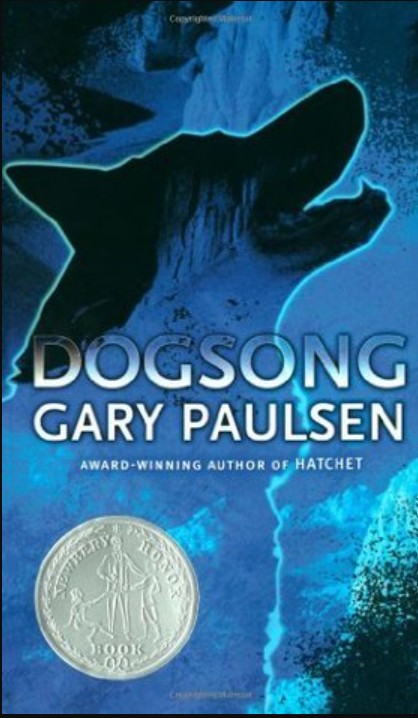I used to think that the writing process was as simple as sitting down, typing out a short story or essay on my laptop, giving it a quick review, and then sending it off to a magazine. I did not acknowledge that writing is a recursive process. In my imagination, I pictured editors responding with messages like, “You’re a genius! Here’s $3 billion dollars! You’ve revolutionized the world of writing!” In reality, all I managed to do was irritate a slew of editors at literary magazines with my nonsense.
One of my early mistakes was failing to grasp a concrete, recursive writing process beneficial to me. Yes, “recursive” might sound like an expensive word, but it carries significant weight. This is especially clear when you are striving to establish an effective approach to writing. It’s about comprehending the steps a writer must take to be both productive and proficient.
What does Recursive Mean?
In simple terms, recursive means “repeating” a process. Though, in more academic lingo, recursive means to do something “several times in order to produces a particular result or effect” (Cambridge). That is to say, working through a particular project and then repeating stages of the project to perfect your end goal is an example of recursion.
Another way to look at this is that when engaging with a recursive process, you are going back to a “simpler” form of your project and creating a more technical version. As such, you are going back to a prior stage in order to make better. Recursive is repetition, but it’s also perfection. You aren’t simply repeating necessarily. You are also adding to the previous construct to make it shine a little brighter.
How is the writing process recursive?
Writing as a recursive process encompasses the writing process itself (prewriting, drafting, revising, editing, and publishing). It allows you to revisit previous steps and jump around during a writing project because, as most approaches to academic writing will tell you, these processes flow into one another, creating fluidity between stages. For instance, you may need to return to your drafting stage to enhance your introduction with more refined language, even though you’re in the revising stage.
When we discuss writing as a recursive process, we’re talking about the repetition of the writing process, which can sometimes trap us in the space between the editing and revising stages, endlessly moving sentences around, correcting grammatical issues, and adding new ideas over and over. Yet, this is precisely what we do as writers to create polished, well-crafted work. Remember: reading and writing is a “reciprocal” process and therefore they go hand in hand together; thus, you should be reading and writing as recursion.
It’s one thing to say, “Writing is recursive!” and another to fully understand its implications. Recursive writing means that each step you take in your writing process feeds into other steps. For example, after drafting an essay, you’ll verify facts, and if you find errors, you’ll return to the draft to correct them. In other words, we repeat processes to refine our message.
Conclusion
We must remember that we will always jump between stages. Completing the draft doesn’t mean you’re done drafting, and finishing revising doesn’t guarantee every paragraph is in its ideal place. In essence, writing is rewriting. It’s perfectly acceptable to revisit old steps in the process, from prewriting to drafting to revision, and even to begin again when you feel it’s necessary.
As Nancy Hutchison, associate professor of English at Howard Community College, wisely advises, “Good academic writing takes time. It’s a marathon, not a sprint, and there are many steps to writing well.” This advice holds true for various writing genres, whether it’s academic, fiction, content writing, or any other form. It reminds us that we’re not in a race to finish quickly. We’ve all submitted unfinished writing due to neglecting the revision process, and a key lesson is to remember your writing steps, take breaks, and know that it’s perfectly fine to revisit your writing process.
Works Cited
“Recursive.” Cambridge. Dictionary.Cambridge.org.
Hutchison, Nancy. “Recursive Writing Process.” ENGLISH 087 Academic Advanced Writing, Howard Community College, 24 Jan. 2020, pressbooks.howardcc.edu/engl087/chapter/writing-process-recursion/.
“Writing as a Process: Writing is Recursive.” Stetson University Writing Program. Web. URL: https://www.stetson.edu/other/writing-center/media/G_Part_3.pdf. Accessed: June 14, 2021.





Leave a Reply